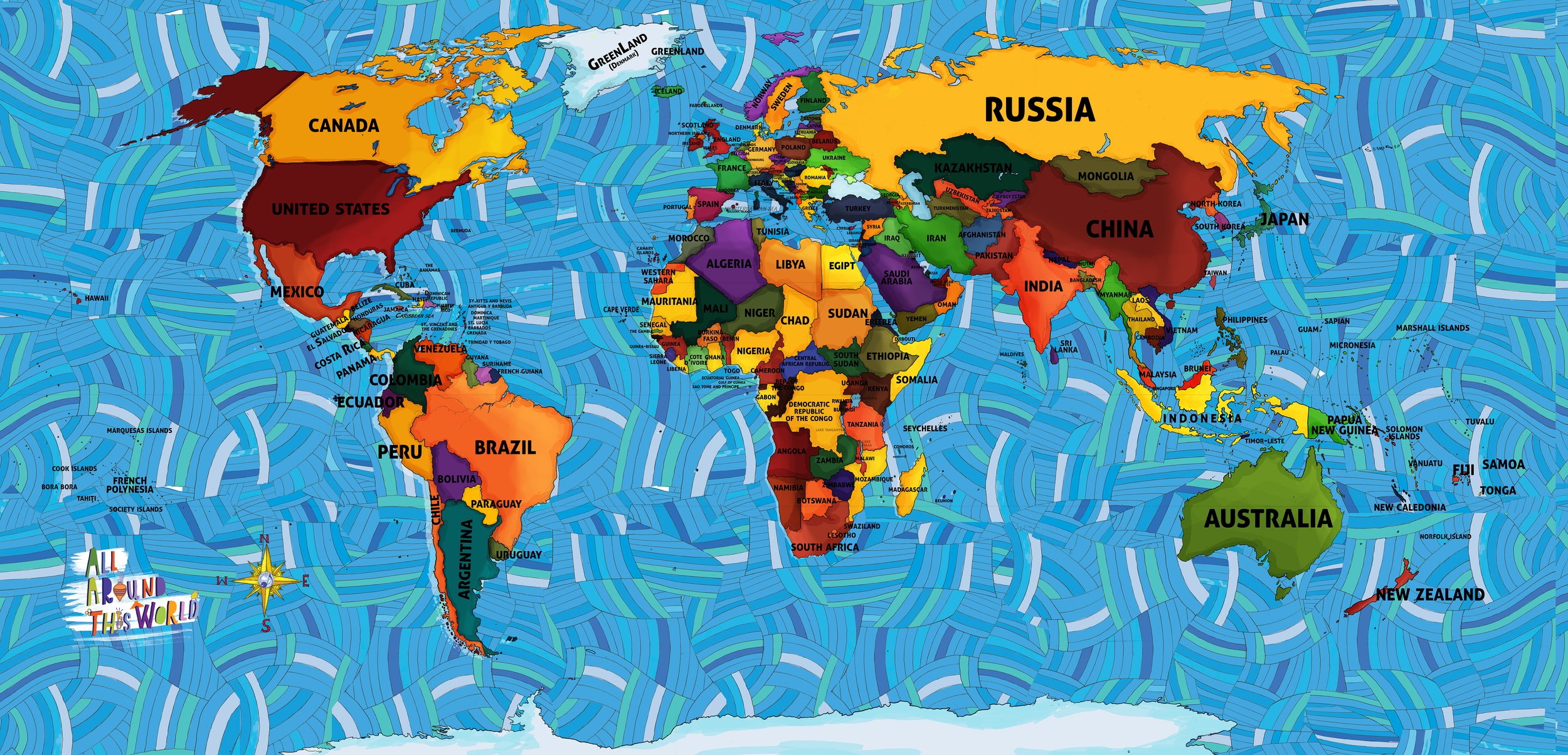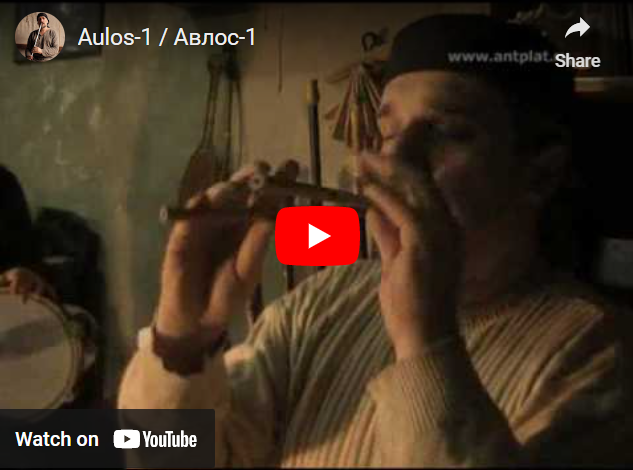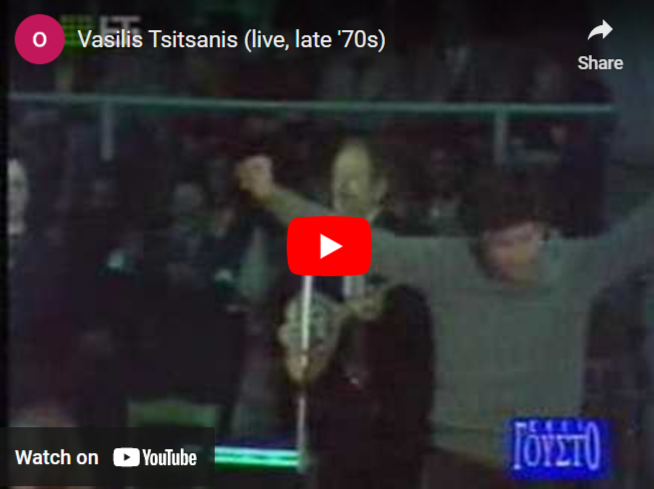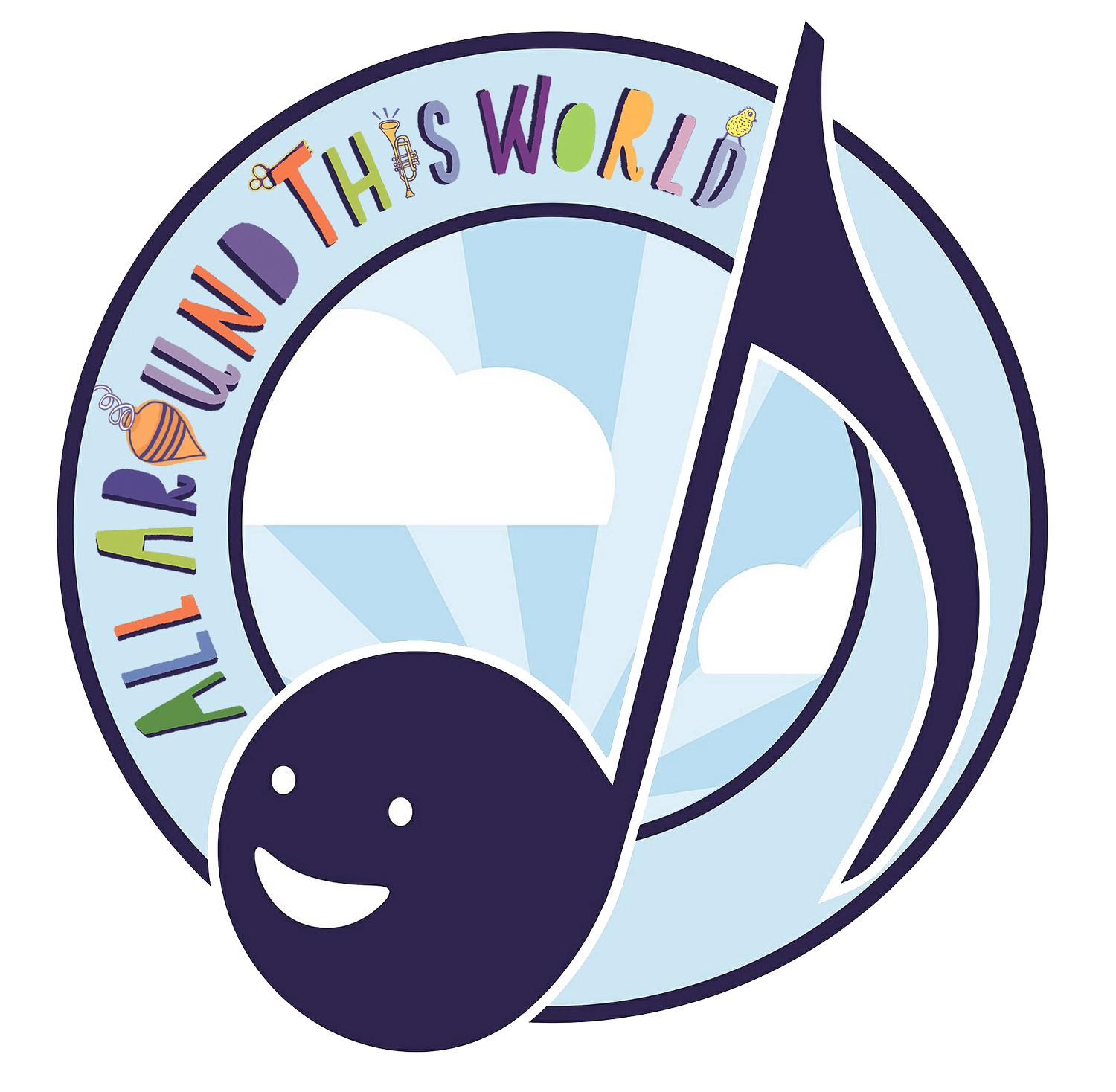
LEARN AROUND THIS WORLD

KALAMATIANOS -- A TWELVE-STEP PROGRAM
This week in class we dance a simplified version of the Greek Kalamatianos, one of the ancient nation's most widely known dances. The reason we're doing a simplified version, other than the fact that kids in our classes are often toddlers and they do a simplified version o every dance, is that the Kals is tricky. (More.)imatianos is tricky. (More.)

All in favor of the Aulos
Ancient Greeks believed music to be the work of the gods. Not only did Greeks acknowledge Apollo, son of Zeus and Leto, to be the god of music (in addition to being god of light and sun, truth, prophecy, healing, plague and poetry--busy guy), but there were also goddesses known as the Muses (the mousai), who inspired the creativity of all human music-makers; the word "music" even comes from them…. (More.)

Vassilis Tsitsanis, Rebetiko Royalty
In the 1920s and 1930s a new form of music became popular among the Greek "underclass." This music, known as rebetiko (also written as "rembetiko"), marked an essential step in the newly "exchanged" Greek population's assertion of its national identity. (More.)

Greece? We Go With West
This week in our online class we travel to Greece, which, historically, being home to the powerful yet philosophical Ancient Greeks -- the Spartans, the Athenians, the Macedonians and more -- who paved the way for the Roman Empire, is very much at the heart of what makes Western Europe "Western Europe….” (more.)
